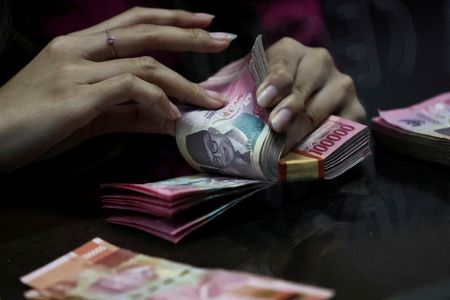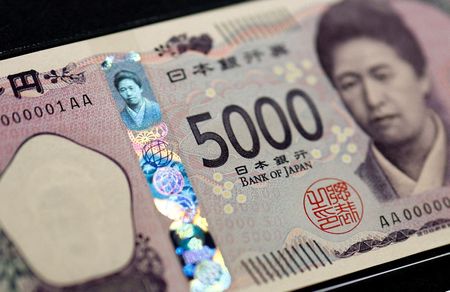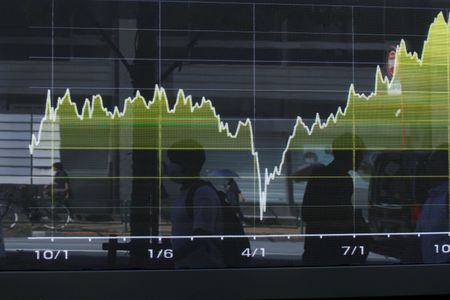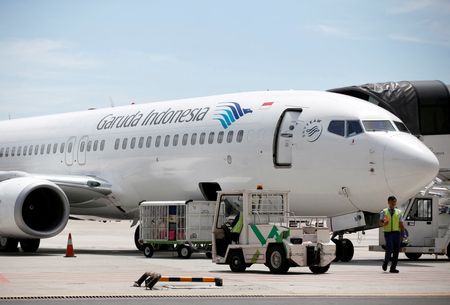BANGKOK (Reuters) – The Thai government will spend $1.4 billion on a consumer subsidy program and will roll out other stimulus measures to try to spark a sluggish economy and lift growth above 2.2% this year, the finance minister said on Tuesday.
After Cabinet approved a 44 billion baht ($1.4 billion) “co-payment” scheme to subsidise up to 60% of the cost of some food and consumer goods for an estimated 20 million people, Finance Minister Ekniti Nitithanprapas said there will be weekly stimulus measures until the end of the year.
“We’ll try to achieve more than 2.2%” growth this year, he told reporters. That compares with last year’s 2.5% growth, which had lagged regional peers.
Southeast Asia’s second-largest economy has been hit by U.S. tariffs, high household debt, weak consumption, and a strong currency.
The central bank has forecast growth of 2.3% this year. It will review the projection at a policy meeting on Wednesday, when the market expects it to cut interest rates.
The co-payment scheme will run from October 29 to December 31 and will also support smaller businesses and strengthen the tax system, Ekniti said, adding the government did not need to borrow money to fund the stimulus.
“The project is an engine to keep the Thai economy from getting stuck in the fourth quarter,” Ekniti said, adding he expected growth of at least 1% in the final quarter of 2025.
Previously, he had said he expected the scheme and other stimulus measures to boost fourth-quarter growth to more than 1%, up from the previously expected 0.3%.
Prime Minister Anutin Charnvirakul’s new government has a limited window to implement its measures, with the premier planning to dissolve parliament by the end of January with a general election to be held in March or early April.
Thailand’s benchmark index was up 1.7% in afternoon trade.
($1 = 32.45 baht)
(Reporting by Orathai Sriring, Kitiphong Thaichareon and Panarat Thepgumpanat; Editing by David Stanway and John Mair)











